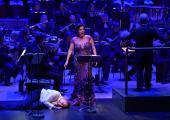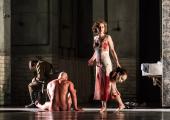Classical CDs Weekly: Lūcija Garūta, Dag Wirén, Ruby Hughes
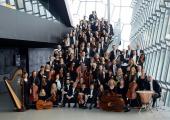
20th century discoveries from Latvia and Sweden, plus a tribute to Handel's favourite soprano
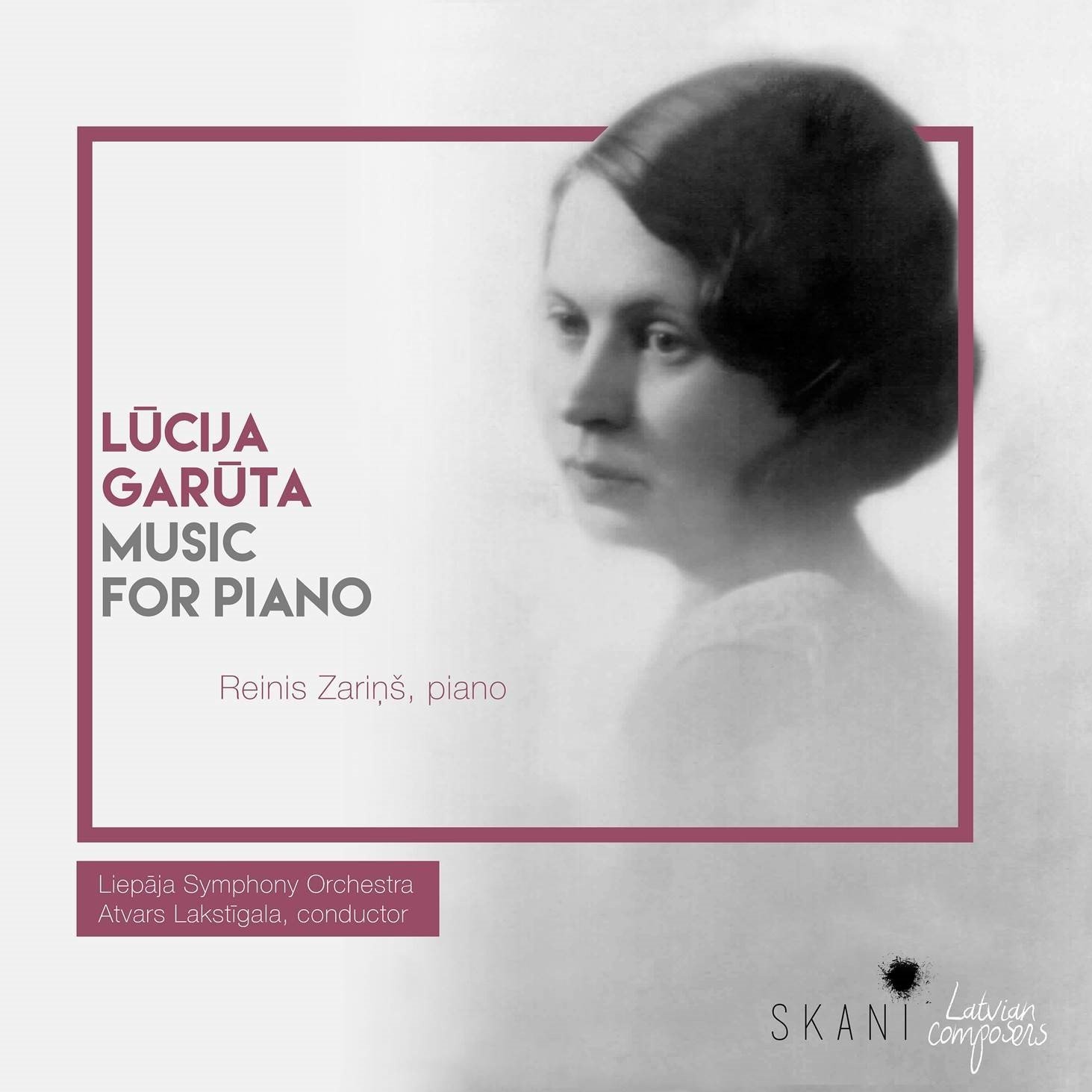 Lūcija Garūta: Music for Piano Reinis Zariņš (piano), Liepāja Symphony Orchestra/Atvars Lakstīgala (LMIC/SKANI)
Lūcija Garūta: Music for Piano Reinis Zariņš (piano), Liepāja Symphony Orchestra/Atvars Lakstīgala (LMIC/SKANI)



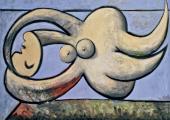


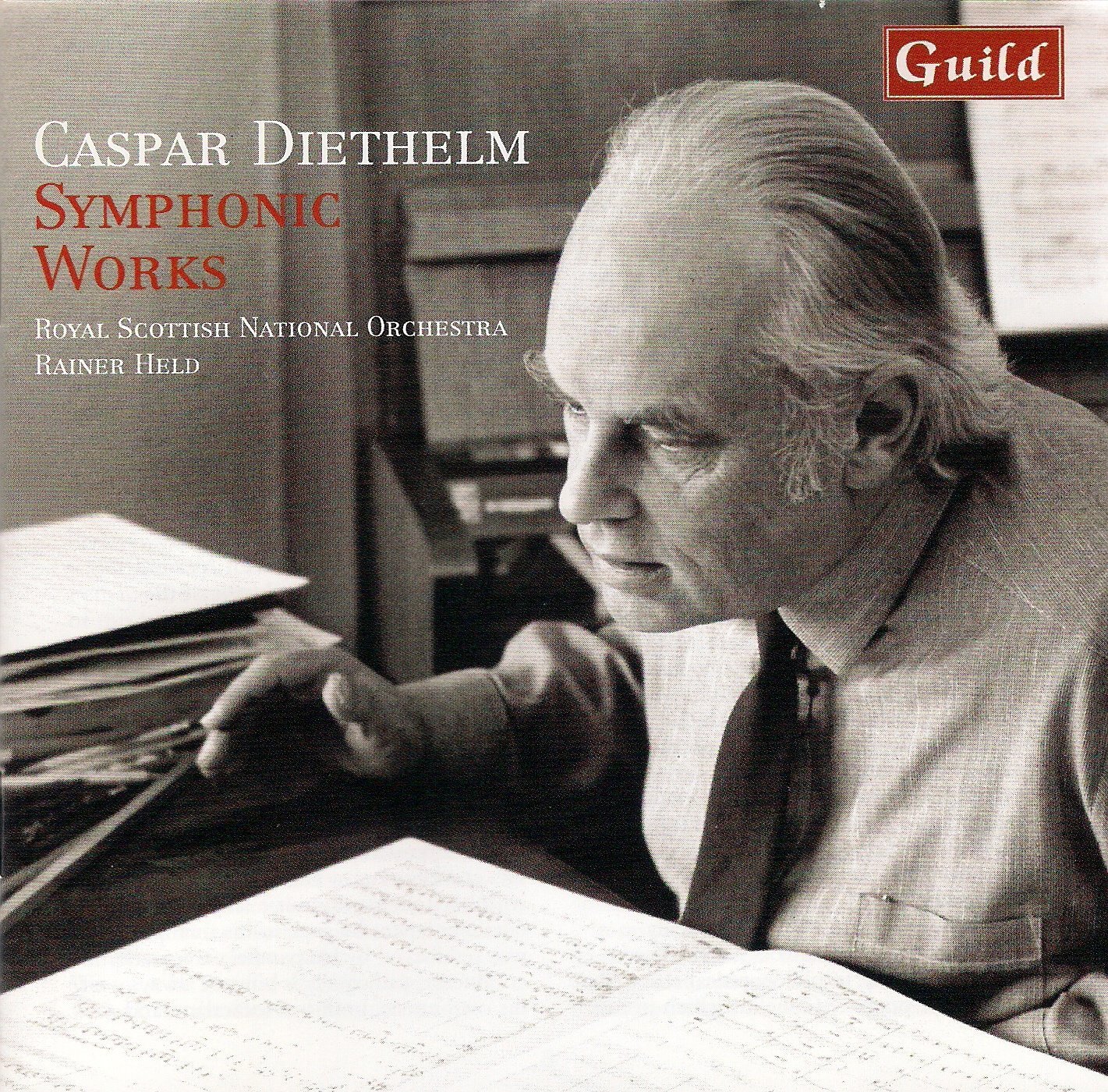 Diethelm: Symphonic Works Royal Scottish National Orchestra/Rainer Held (Guild)
Diethelm: Symphonic Works Royal Scottish National Orchestra/Rainer Held (Guild)
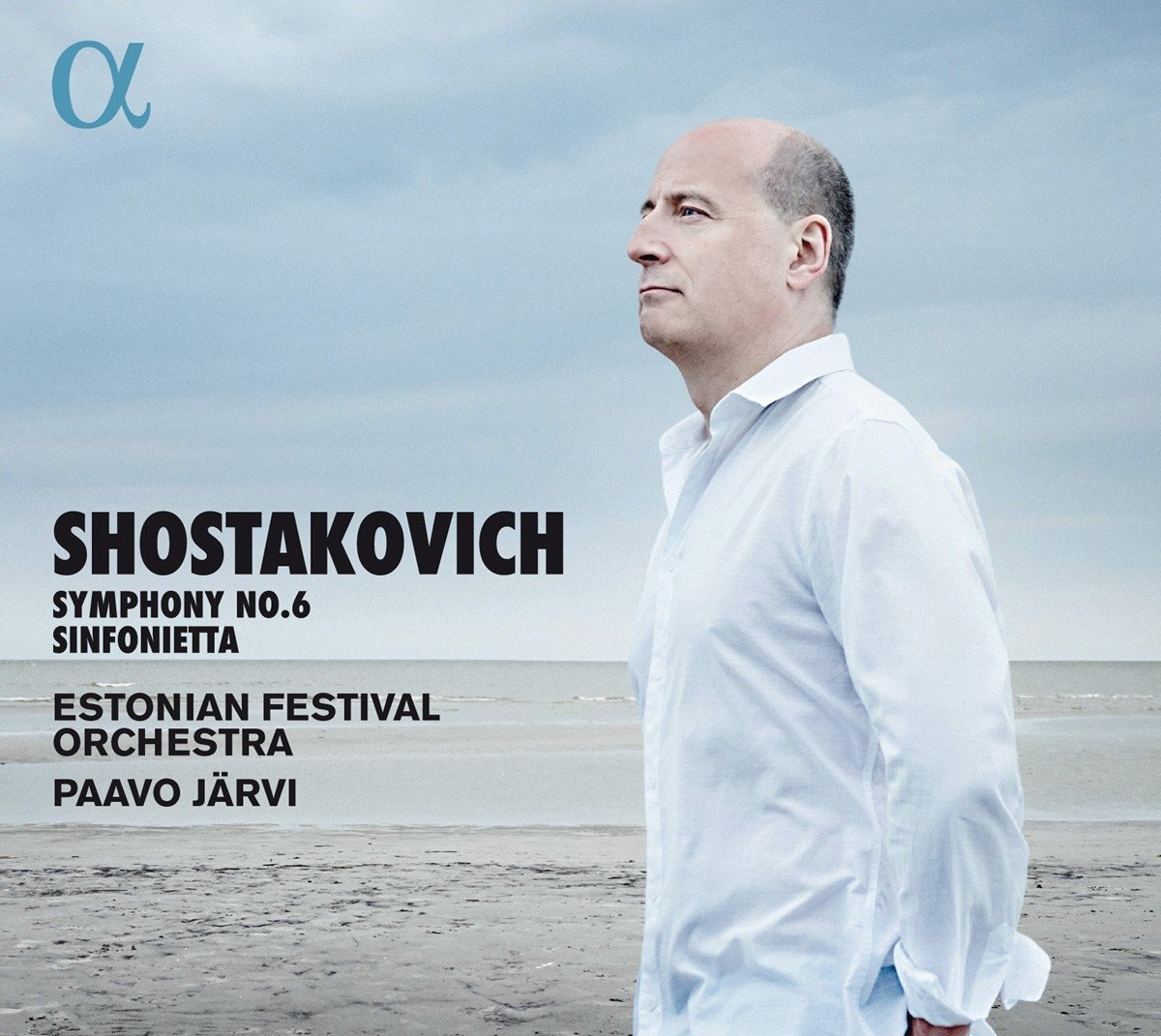 Shostakovich: Symphony No 6, Sinfonietta (Quartet No 8, arr. Abram Stasevich) Estonian Festival Orchestra/Paavo Järvi (Alpha Classics)
Shostakovich: Symphony No 6, Sinfonietta (Quartet No 8, arr. Abram Stasevich) Estonian Festival Orchestra/Paavo Järvi (Alpha Classics)